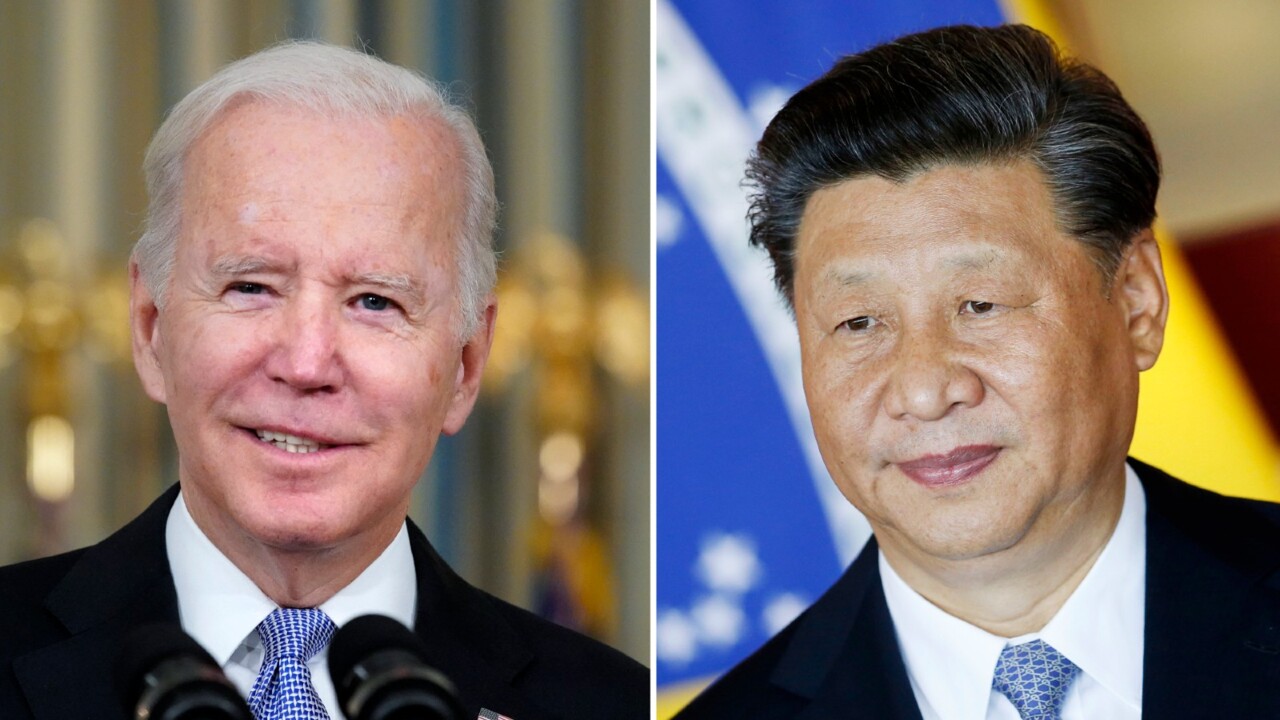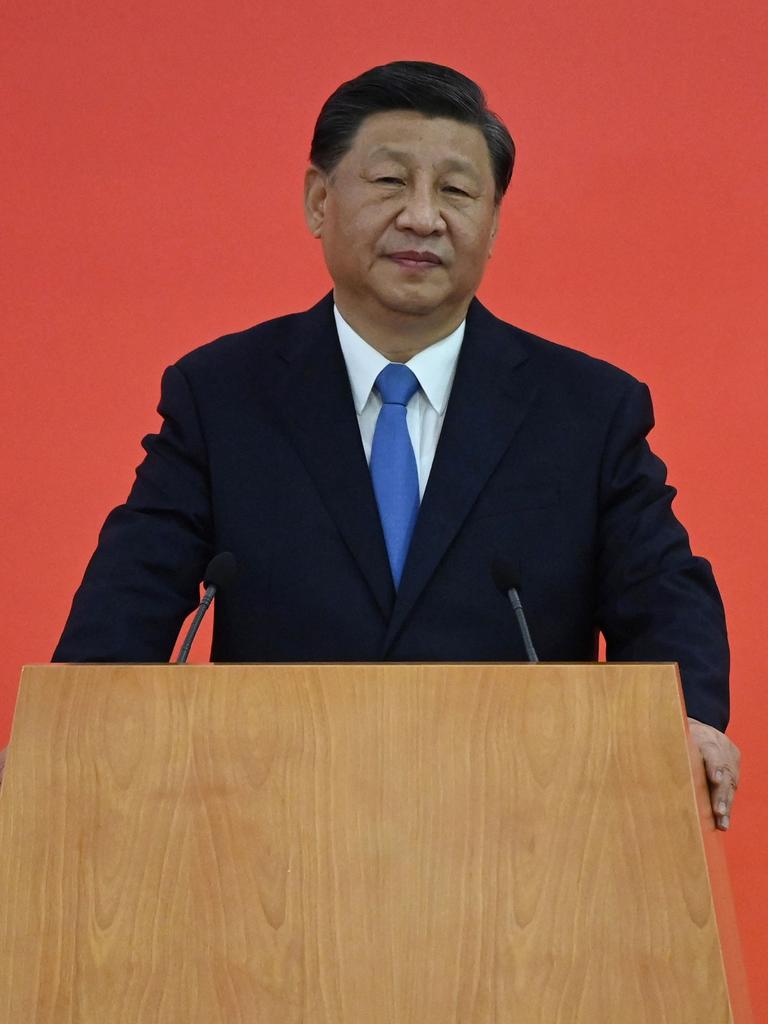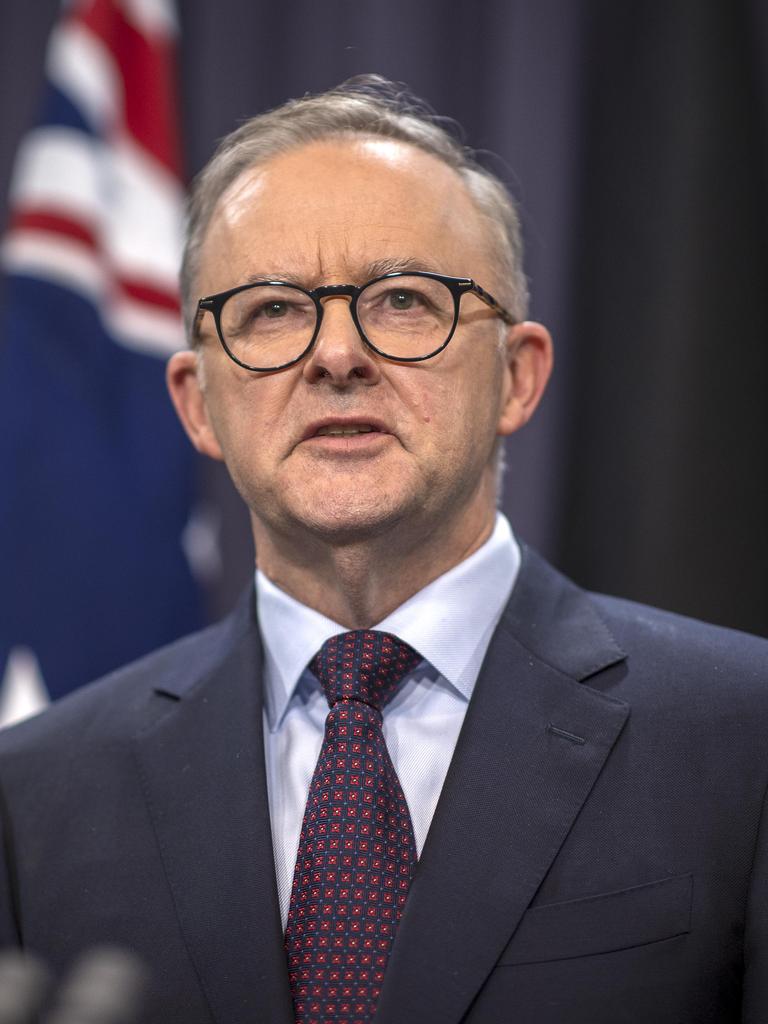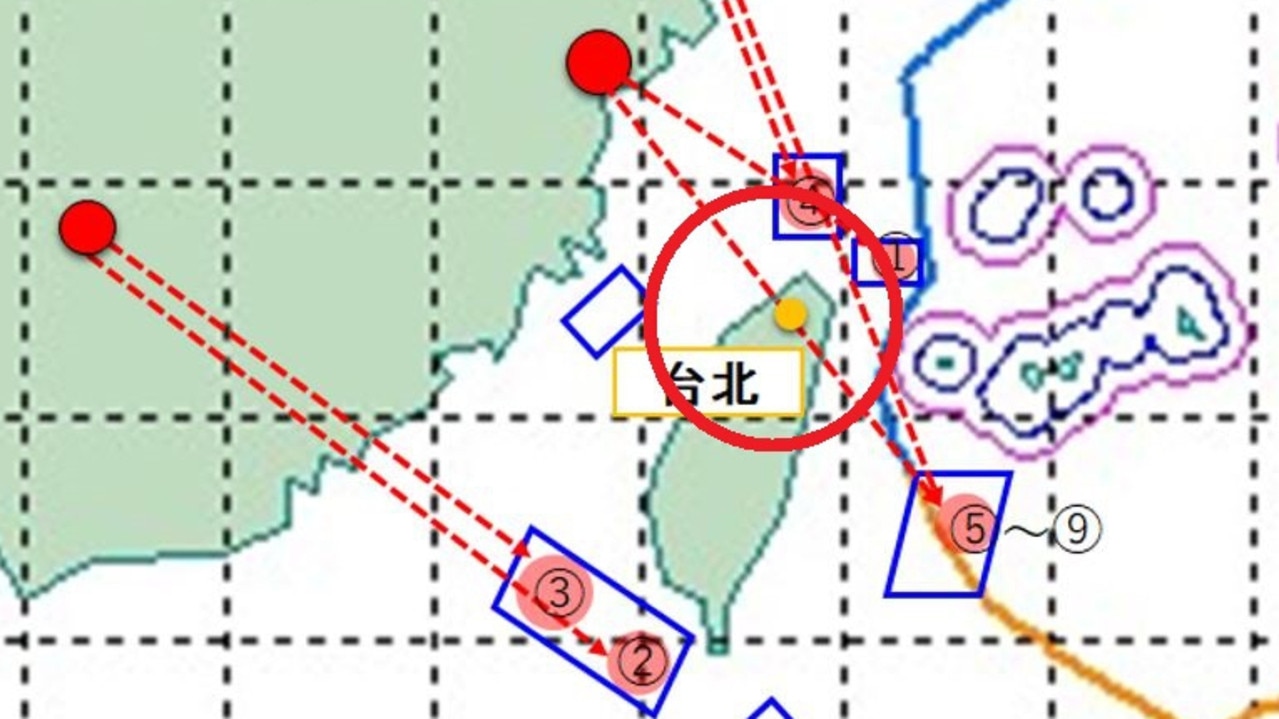Australia faces real threat of ‘high-intensity conflict’ with China, expert warns
Australia now faces “probability of high-intensity conflict” with China, a leading defence expert has warned, as tensions between our two nations rise.

Australia is now facing “the probability of high-intensity conflict in our own immediate strategic environment”, a leading defence expert has warned, in the wake of what’s been described as a “significant escalation” from China against Taiwan.
Speaking to the ABC’s 7.30 program, Australian National University emeritus professor of strategic studies, Paul Dibb, said that “in four years flat, [the government] went from being confident in 10 years or more [of] warning time of a major threat …[to] recognition that warning time was over and finished”.
“We now face the probability of high-intensity conflict in our own immediate strategic environment,” Professor Dibb, a former director of the Defence Intelligence Organisation and the former deputy secretary for strategy and intelligence in the Department of Defence, added.
“Let’s be very frank, it’s [a] codename for a certain country to our distant north.”
Within the last 72 hours, Beijing fired a missile – for the first time ever – directly over the democratic island nation of 24 million people, part of a show of force after the Speaker of the US House of Representatives Nancy Pelosi visited Taiwan – a move Chinese authorities see as a provocation.
But they weren’t the only shots fired – as China’s aggression turned to the US and its allies, including Australia.
Stream more world news live & on demand with Flash. 25+ news channels in 1 place. New to Flash? Try 1 month free. Offer ends 31 October, 2022 >


China’s Assistant Foreign Minister Hua Chunying dragged Australia into the chaos with a few short sentences that would have caught the attention of Prime Minister Anthony Albanese.
Speaking after Australia’s Foreign Minister Penny Wong said Beijing’s actions were “deeply concerning” and “disproportionate and destabilising”, Ms Hua blamed the “US and its sidekicks” for moving the world closer to war.
“Our countermeasures are necessary as a warning to the provocateurs and as a step to uphold our sovereignty and security,” she said.
“Now the US and its sidekicks have spoken up accusing China of ‘overreacting’.
“But if they truly care about regional peace and stability, why hadn’t they stood up and tried to dissuade Pelosi early on? Couldn’t they have seen this coming and prevented it?
“I hope that the US and its handful of ‘buddies’ will realise that if they do respect the principle of democracy, then they should hear and respect the voice of the more than 1.4 billion Chinese people.”
Amid the escalating tensions, Prof Dibb told 7.30 the question is now about how committed Australia is to Taiwan’s defence.
“I’ve been there four times in the last eight years – it’s a vibrant democracy with 24 million people on an island – that should strike a bell – 24 million on a small island half the size of Tasmania,” he said.
“If we should refuse to join the United States, that would frankly mean the end of the ANZUS Alliance.
“China is an aggressive, autocratic, communist power. According to [Chinese President] Xi Jinping, the time is now on the side of the People’s Republic of China to revenge the century of humiliation in the 19th century, and to take over as the leading power in our region from the United States.”

Author Greg Sheridan echoed the sentiment in a Saturday piece for The Australian, declaring that what China had done this week was move the world “a few steps closer to war” – a war he described as having “unimaginable consequences between the world’s two superpowers”.
“We’re still probably a long way away from war, but war got closer, more possible, more imaginable,” Sheridan wrote.
“Chinese naval warships and fighter aircraft have conducted live-fire military exercises in six or seven locations that form a circle around the island of Taiwan.”
Asked what could act as a deterrence against China, Prof Dibb said Australia needs more missiles and more Americans, but fewer troop carriers for the Army.
“We must be able to very rapidly acquire huge numbers of long-range strike missiles,” he said.
“By long-range I don’t mean just a couple of hundred kilometres, I mean thousands of kilometres, certainly at least 2000.”
Long-range missiles, he explained, could “rapidly give us much more advanced capabilities” to deter any advance from the north.





